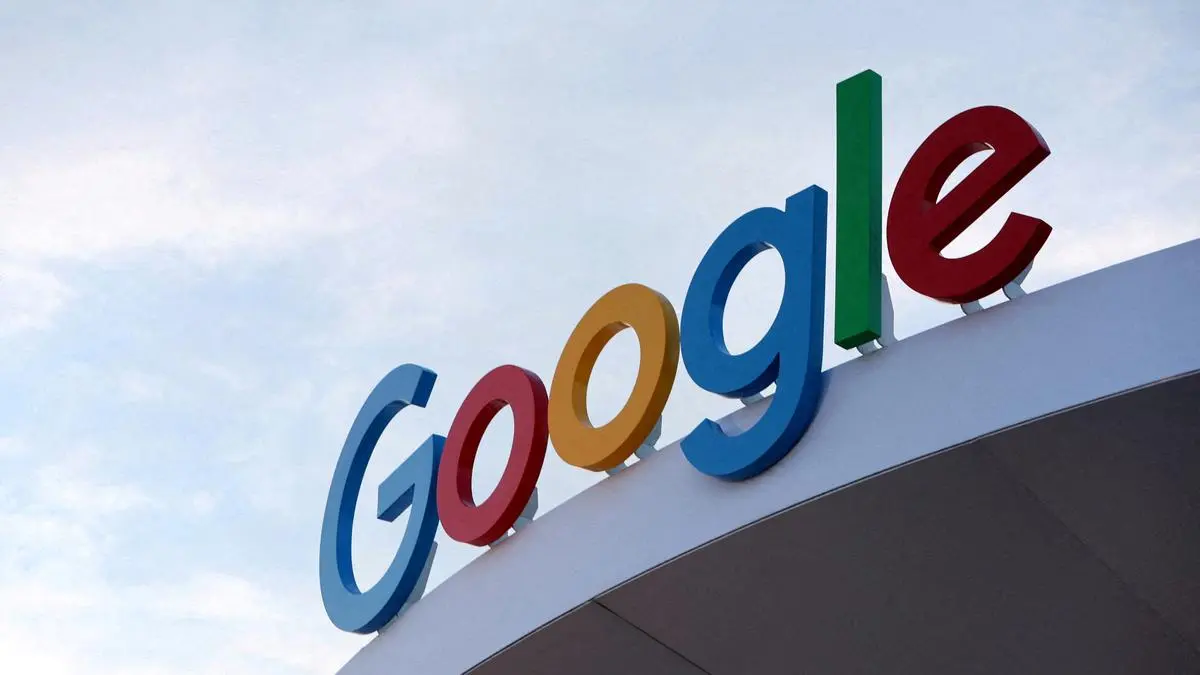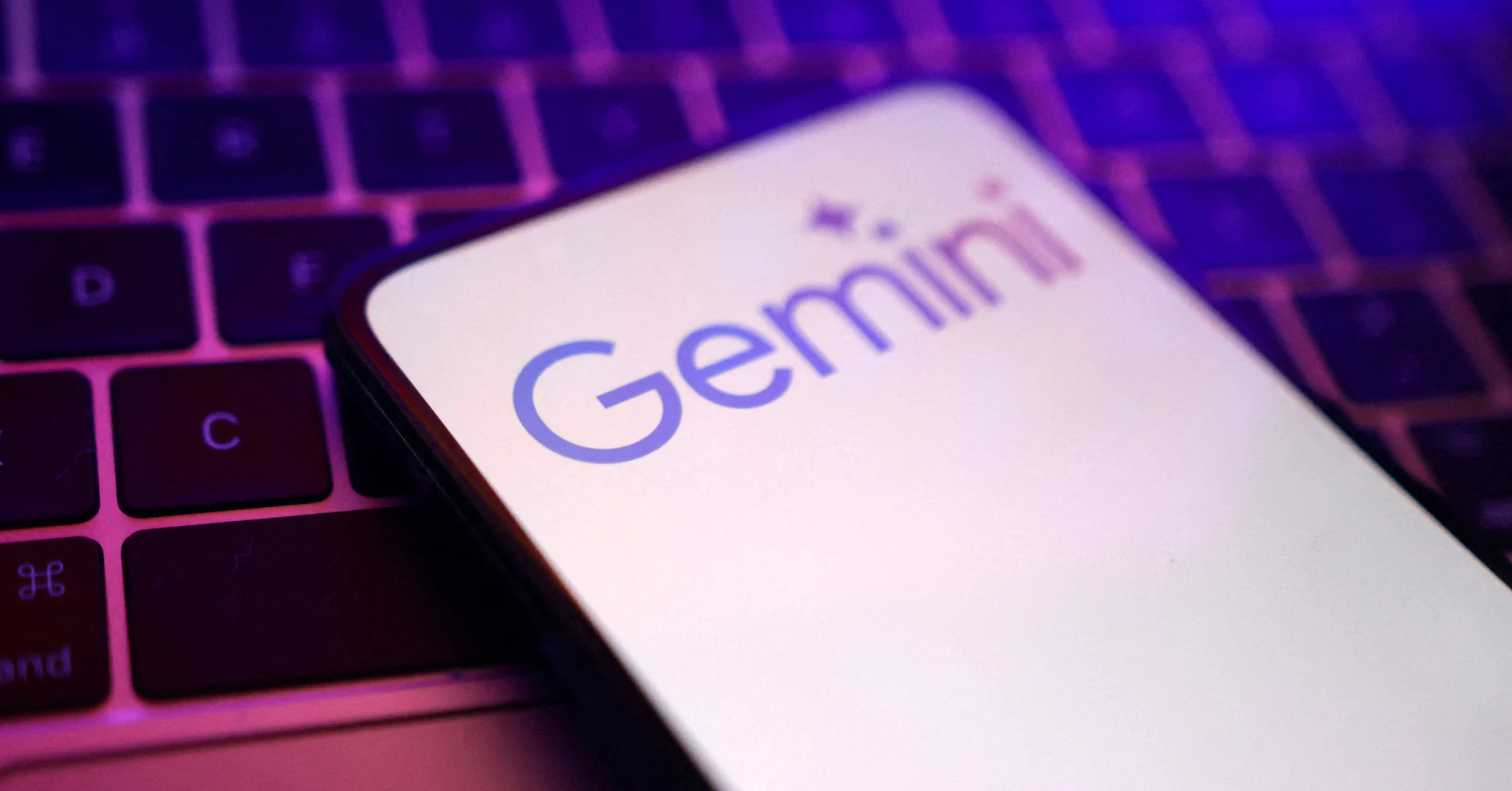By Atanu Biswas
Copyright thehindubusinessline

In early September, a US District Court judge rendered a historic verdict favouring Google. In a 2020 “antitrust” lawsuit, the US Department of Justice (DOJ) and several States claimed Google had unfairly excluded rivals from the search engine market by making exclusive contracts with manufacturers such as Apple and Samsung.
According to the DOJ, Google used “anticompetitive tactics” to retain and grow its monopolies in search and search advertising for years, accounting for 90 per cent of all search queries in America.
In August 2024, the same judge ruled that Google violated Section 2 of the Sherman Act and held a monopoly with its search engine and related advertising. The DOJ demanded the termination of Google’s multibillion-dollar contracts with Apple and other partners and advocated the sale of Google’s popular Chrome browser and potentially its Android operating system.
In his present verdict, Judge Amit Mehta ordered Google to share data from its search engine with its competitors. Additionally, he prohibited Google from entering into or upholding exclusive distribution agreements for its products, such as Chrome, Google Assistant, and the Gemini app. However, he permitted Google to compensate distributors like Apple and Mozilla for using Google as the default search engine in their respective browsers. Also, phone makers are allowed to promote other search engines.
Google’s dominance
Over the years, Google’s dominance in the online search and advertising industries has infuriated proponents of free markets. They argue that the judge missed a chance to make a significant impact in a sector that has been suffocated by its biggest player.
The word “antitrust” has regained prominence recently. Today, three chemical companies control the supply of seeds and pesticides, which affects global agriculture; roughly 10 pharmaceutical companies control the manufacturing and distribution of the world’s medicine; and a few tech giants govern every aspect of our lifestyles.
As history demonstrates, the emergence of populism, nationalism, radical politicians, and fascist governments may result from an inability to curb excessive corporate power.
Tim Wu, a professor at Columbia University, described in his 2018 book The Curse of Bigness: Antitrust in the New Gilded Age how President Theodore Roosevelt and jurist Louis Brandeis dealt with the democratic dangers posed by the great trusts of the Gilded Age in American history, when a small number of businesses, or “trusts,” controlled important infrastructure, such as railroads. The Sherman Antitrust Act of 1890 was passed but remained dormant for a decade until Theodore Roosevelt “activated” it.
The time is now to control economic structure before it controls us, argued Tim Wu. Also, Zephyr Teachout, an activist and anti-corruption scholar, believes that monopolies like Facebook, Google, and Bayer are undermining American democracy. However, Teachout has a solution: Break ’Em Up, the title of his 2020 book, “Foreword”ed by Bernie Sanders.
Many trustbusters, like Teachout, had long urged “breaking” Google’s monopolistic practices to restore meaningful competition.
They claim that the present verdict will now establish a precedent and retrench Google’s supremacy. But the court verdict is different.
Tim Sweeney, the CEO of Epic Games, said on X, “It’s like a defendant robbed a number of banks and the court verdict found them guilty, then sentenced them to probation under which they may continue robbing banks but must share data on how they rob banks with competing bank robbers.” Massachusetts’ Senator Elizabeth Warren also remarked, “This ruling is a slap on the wrist for unlawful behaviour that warranted the breakup of this tech giant.” Overall, Google could escape for now. Understandably, Wall Street and Silicon Valley applauded. Interestingly, DOJ hailed the verdict as a “win” and referred to Mehta’s suggested solutions as “significant,” although it was well short of their demand.
The AI factor
If, however, it appears to be Google’s “win,” it might be due to some of its most formidable competitors: Judge Mehta makes it apparent that he was reluctant to intervene in a field that is constantly changing due to AI advancements, with companies such as OpenAI making Google defensive. In the verdict, he states that the emergence of AI “changed the course of this case.” He acknowledged that the court is asked to gaze into a crystal ball and look to the future, which is “not exactly a judge’s forte.”
Incidentally, DOJ made its filing during Trump’s first term. Perhaps one of the few bipartisan issues in today’s “divided” United States is “antitrust.” Under Biden’s administration, prosecutors persisted with the case. Now, some States may file an appeal against Justice Mehta’s ruling, and Google has stated that it intends to appeal also. And, for now, it’s clear that despite the rapid changes in the AI-driven landscape, Google’s stronghold was not breached because the verdict didn’t “break ’em up.”
The writer is Professor of Statistics, Indian Statistical Institute, Kolkata
Published on September 19, 2025



